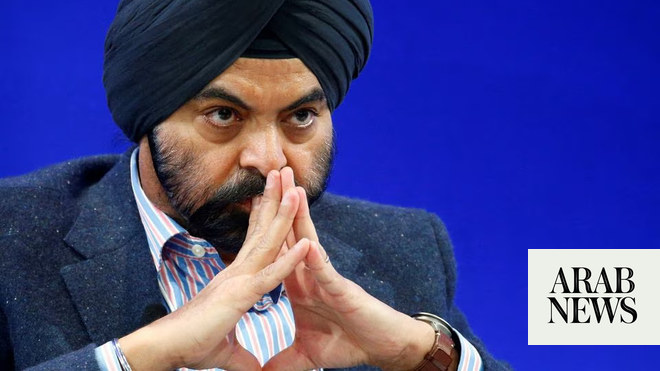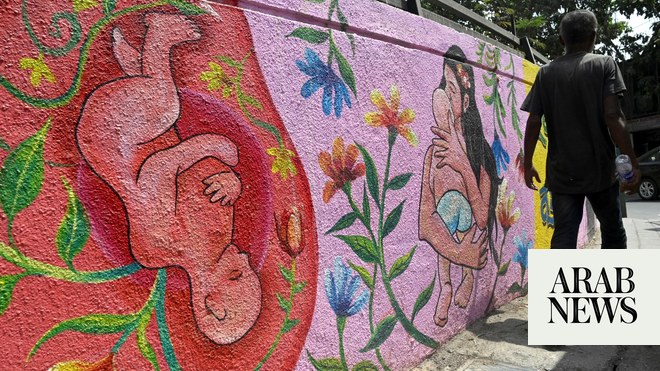
New independent community panels in England and Wales should be given the power to inspect everything police do to root out bias, including their use of force and even where they deploy officers, under radical plans devised by a senior chief constable.
Assistant commissioner Rob Beckley, regarded as an expert on police and community relations, says the sweeping reforms would help law enforcement drag itself out of the race crisis engulfing it.
Under the proposals, panels independent of the police would have the right to inspect videos and documents relating to stop and search, handcuffing, and even the intelligence behind decision making by senior officers.
Beckley is attached to the Home Office and is a former deputy chief constable and senior officer in the Metropolitan police. He says the radical reforms should be enacted before “riots or botched policing … drive change”.
In an article for the Guardian, Beckley writes: “Given the routine use by the police of body-worn video cameras, we could appoint independent members of the community and give them the right to review police video material at random.
“They could examine everyday interactions, including specific activities such as stop and search, handcuffing and the use of force. In fact, they could exercise even wider scrutiny, with powers to examine police intelligence and targeting processes.”
He continues: “Such independent reviewers would … be able to identify within police teams or forces any “processes, attitudes, and behaviour which amount to discrimination through unwitting prejudice, ignorance, thoughtlessness, and racist stereotyping, which disadvantages minority ethnic people”.
“Such police activities might meet the definition of institutional racism described by Sir William Macpherson in the Stephen Lawrence inquiry report.”
The radical plans come after policing this year was rocked by a race crisis, following the shockwaves from the killing of George Floyd by police in the US in May.
In Britain, it led to protests with more than 250,000 people taking part during lockdown.
The Met, which covers London, has faced claims of racial profiling over its use of stop and search, which it denies, and use of handcuffing. Social media video caught incidents including where people with no previous criminal record and who were found to be innocent after the stop, were handcuffed.
Beckley said the new panels must be independent of the police.
He said: “Police forces must not control the scrutiny, but hand it over to people who are regarded by communities as independent. It must be mandated across all forces, be entirely random, not limited to stop and search, and also engage the police officers involved.”
Ever since the 1999 Macpherson report, which said the police bungling of the Stephen Lawrence murder case was caused in part by institutional racism, forces have been under pressure over race.
The National Police Chiefs Council, which represents all forces in England and Wales, is working on its own reforms.
Beckley said more needed to be done. He said: “The police service’s response to race inequality was likened by one colleague to Michael Gove’s infamous criticism of the educational establishment, ‘the blob’: it seems to absorb action plans, policies and initiatives without change.
“Transparency and an independent spotlight are the only real routes to constructive change. If introduced, independent reviewers will observe positive policing under, at times, extremely difficult circumstances, but they will also see behaviours, habits and institutional practices that need challenging. Their findings could be published and passed to police and crime commissioners, who can address them with their respective forces.
“We must not wait for riots or botched policing to drive change; we should make a bold move now and open up operational policing to wider scrutiny.”












